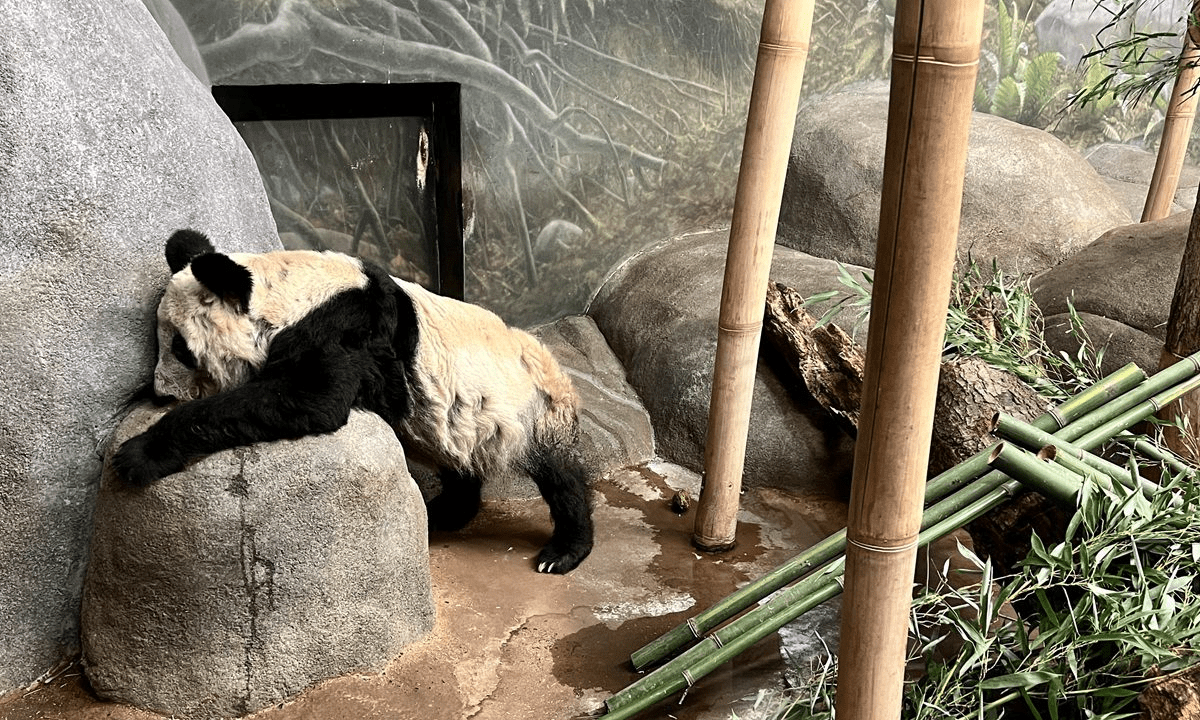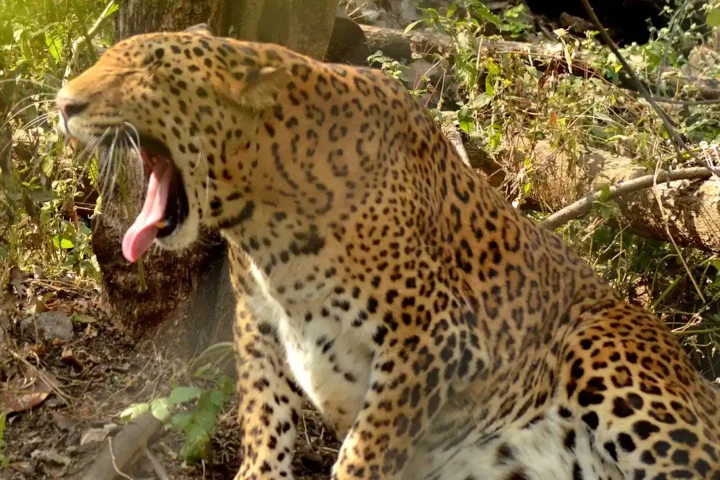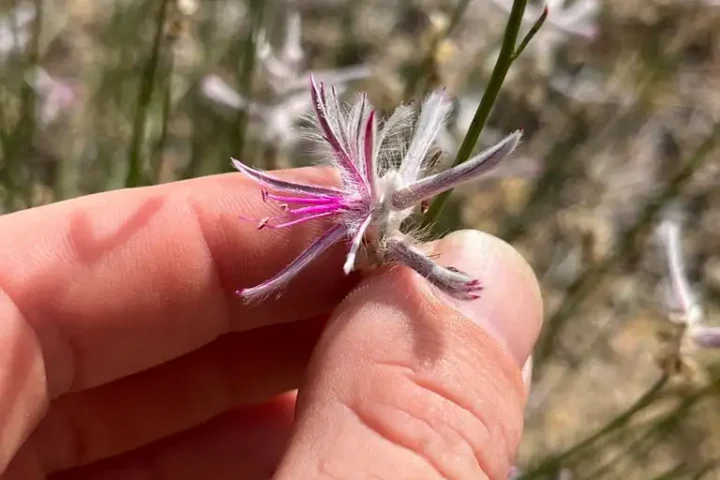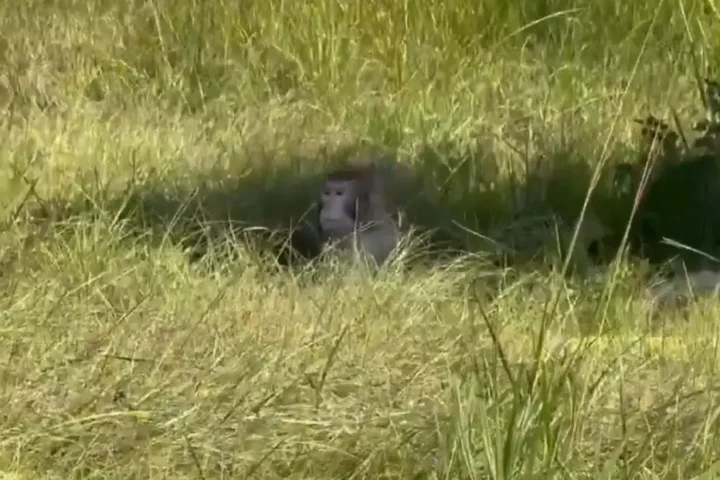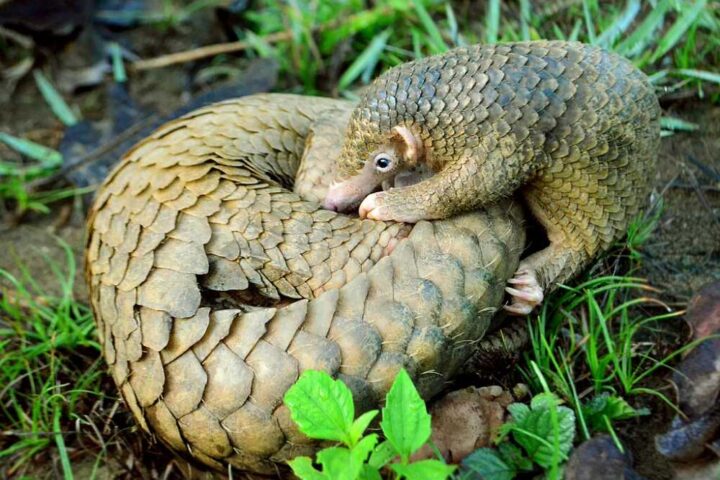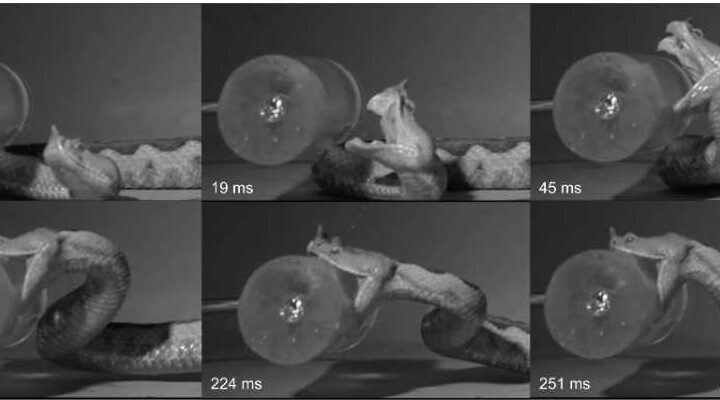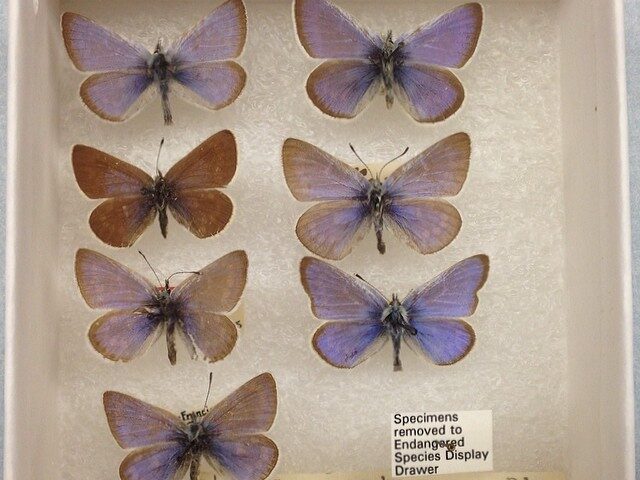A female giant panda, Ya Ya, at the Memphis Zoo in Tennessee, USA, has been the subject of grave concern for Chinese netizens as the recent video shows her poor condition. Two Beijing Zoo specialists, where Ya Ya was initially born, have swiftly arrived in the US to take care of her. They are veterinarians who specialize in panda breeding, and have useful experience raising and treating giant pandas in captivity. The Chinese Association of Zoological Gardens has sent experts to the US to investigate her condition and work with US partners to prepare for her return.
Ya Ya has been in captivity at the Memphis Zoo for about 20 years, together with Lor Lo, a male panda who died recently. The zoo had initially planned to send Ya Ya to China last December. An animal welfare organization that monitors the zoo, in Defense of Animals, believes that Ya Ya is malnourished and shows signs of diarrhea, skin disease, and zoochosis, which is a condition animals in captivity exhibit with abnormal behavior due to mental stress. The organization petitioned to garner support so that the zoo would provide better quality bamboo and bamboo shoots, but they have not responded yet.
- Bate Bay beaches rank No.1 in Australia after 12,500 shores assessed on 130-point scale
- First ISS Medical Evacuation in 25 Years: Astronaut Mike Fincke Forces Early Return from Space
- “The Sofa Shook for 5 Minutes” — M5.4 Bangladesh Quake Hits 75 km From Kolkata, Empties Offices
- AusAlert Targets 23 Million Phones on July 27 — Australia’s $132M Emergency Warning System Replaces SMS
- CrossFit Open 26.1: 284 Reps, a 12-Min Cap and a 66-Ball Wall Trap Most Athletes Won’t See Coming
Ya Ya will return to China after her contract ends on April 7, first to Shanghai, where she will quarantine for a month before moving to a new habitat being constructed for her by the Beijing Zoo. Pictures and videos of Ya Ya’s dreaded appearance continue to concern the Chinese diaspora and netizens. They have launched a “campaign” to have a thorough checkup on all pandas in overseas zoos. Ya Ya’s health brings attention to the challenges of keeping giant pandas and other species in captivity and the need for special care and attention to their physical and mental health.
